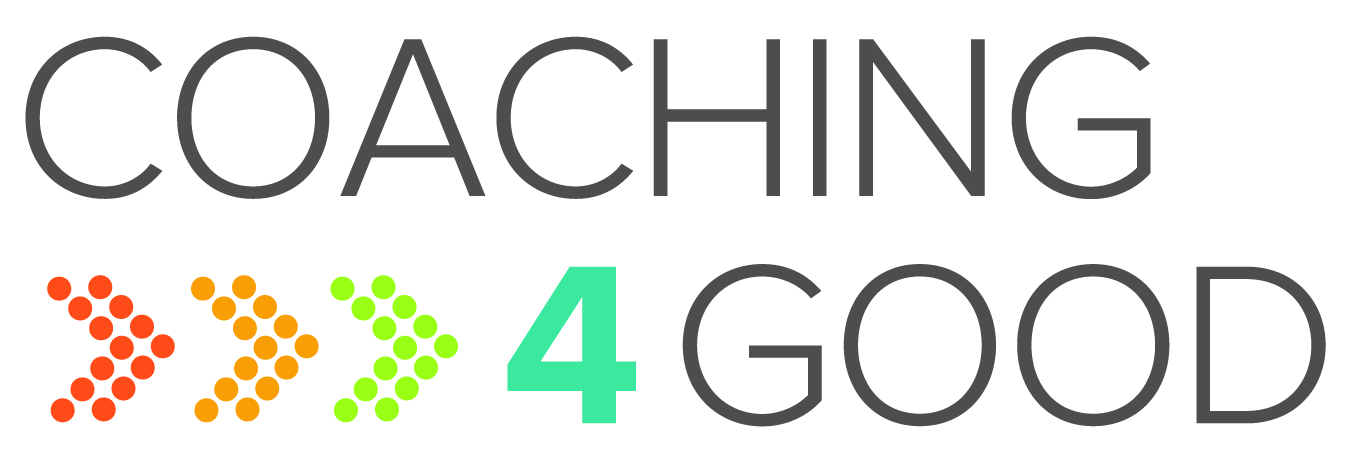What makes a person successful? Effort.
Malcolm Gladwell discussed how we overlook the hard work of success. We see others succeeding and think they are overnight success stories and we don’t see the effort it took to acheive those goals. There needs to be intensive preparation before break-through success – preparation must be put in first!
At times we are frustrated when we are in in the midst of searching for the career that is right for us. It is not always an easy path to the right career, it can take a lot of time and effort. When you see others who have found the best career for them, know that it took quite an effort for him or her to reach that goal. When you find the job or career path you want you have to figure out the effort that is required to get there and then go put in that effort.
10,000 to master your field.
Malcolm Gladwell discussed the 10,000 hour rule. In order to get to the top of our field, we must spend at least 10,000 hours (roughly ten years) of committed practice to that field. The practice needs to be focused, intensive and organized. It cannot just be 10,000 hours of sitting on the sidelines! Identify your weaknesses and practice them. Do not just practice what you are good at – practice in order to overcome your weaknesses.
One approach to looking for that next job is to find the job that will allow you to grow in an area you are weak in and, thus, put you in a position to get your ideal job. Understand what your long-term career objectives are. How are you going to get there? How are you going to shore up your weak areas and gain those skills that you lack? When you are putting your career plan together, remember to strengthen the weak areas through experience.
Look at your interests to find what you love.
Malcolm Gladwell discussed how talent really begins with a love of what you are doing. Find joy in completing a task.
Do you enjoy what you are doing for a living? Does work feel like “work”? What are some tasks outside of work that you truly enjoy doing? Can you do those for a career? Do you want to do those for a career? Some people are able to turn one of their interests into a career. It may not seem obvious at first. Make a list of your interests. Could any of these be a career option for you? Sometimes there are literal translations of interests to career:
- interest in caring for children = childcare worker
- enjoy making websites = website designer
- love reading = English teacher
Also think about more than just a literal translation of your interest. For example, you love sports, but have a background and experience in finance. Are there finance jobs available with a sports team or a sports equipment company? In this way, you are able to use your skills in an industry tied to your interests.
Committment, not just Talent, lands the job.
Just being good at something doesn’t mean you will be chosen for the job. Rarely is the most talented person chosen for a specific position. Instead, the most likely candidate to get the job is the person who is able to demonstrate not only the talent they possess but also the effort they have applied in the past to develop that talent. These candidates can also discuss how the combination of talent and effort was used to make the company successful. If you are gifted in software programming, but you can not demonstrate the effort you applied while utilizing your talent, a hiring manager is less likely to take a chance on you
I have more notes from Malcolm Gladwell to share with you so stay tuned!
Amy Wolfgang
Amy Wolfgang is a career coach who founded Wolfgang Career Coaching and co-founded Coaching 4 Good. She brings over 15 years of corporate and coaching experience to help organizations boost employee engagement while simultaneously helping her clients excel in their careers. She is a certified PCM (Professional Career Manager) and has a Master’s degree in Educational Psychology from The University of Texas at Austin.








Stay In Touch